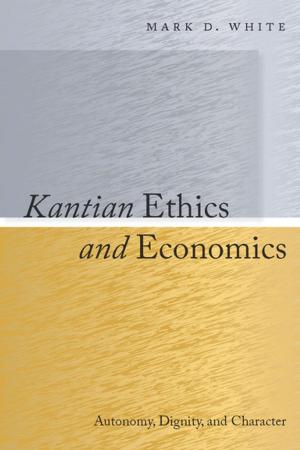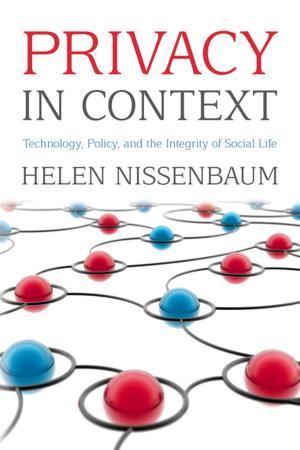Taiwan’s China Dilemma
Contested Identities and Multiple Interests in Taiwan’s Cross-Strait Economic Policy
Nonfiction, Social & Cultural Studies, Political Science, International, International Relations| Author: | Syaru Shirley Lin | ISBN: | 9780804799300 |
| Publisher: | Stanford University Press | Publication: | June 29, 2016 |
| Imprint: | Stanford University Press | Language: | English |
| Author: | Syaru Shirley Lin |
| ISBN: | 9780804799300 |
| Publisher: | Stanford University Press |
| Publication: | June 29, 2016 |
| Imprint: | Stanford University Press |
| Language: | English |
China and Taiwan share one of the world's most complex international relationships. Although similar cultures and economic interests promoted an explosion of economic ties between them since the late 1980s, these ties have not led to an improved political relationship, let alone progress toward the unification that both governments once claimed to seek. In addition, Taiwan's recent Sunflower Movement succeeded in obstructing deeper economic ties with China. Why has Taiwan's policy toward China been so inconsistent?
Taiwan's China Dilemma explains the divergence between the development of economic and political relations across the Taiwan Strait through the interplay of national identity and economic interests. Using primary sources, opinion surveys, and interviews with Taiwanese opinion leaders, Syaru Shirley Lin paints a vivid picture of one of the most unsettled and dangerous relationships in the contemporary world, and illustrates the growing backlash against economic liberalization and regional economic integration around the world.
China and Taiwan share one of the world's most complex international relationships. Although similar cultures and economic interests promoted an explosion of economic ties between them since the late 1980s, these ties have not led to an improved political relationship, let alone progress toward the unification that both governments once claimed to seek. In addition, Taiwan's recent Sunflower Movement succeeded in obstructing deeper economic ties with China. Why has Taiwan's policy toward China been so inconsistent?
Taiwan's China Dilemma explains the divergence between the development of economic and political relations across the Taiwan Strait through the interplay of national identity and economic interests. Using primary sources, opinion surveys, and interviews with Taiwanese opinion leaders, Syaru Shirley Lin paints a vivid picture of one of the most unsettled and dangerous relationships in the contemporary world, and illustrates the growing backlash against economic liberalization and regional economic integration around the world.















